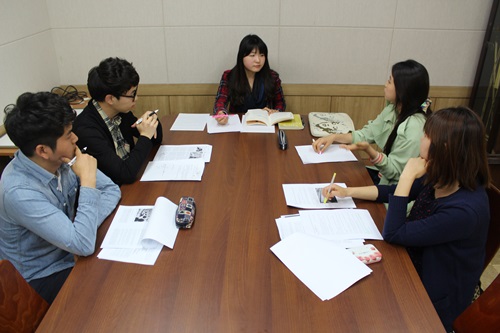동성결혼을 허용해야 하는가?

Nowadays, there is a strong voice about the legalization of homosexual marriage around the world. Some countries are in the middle of the debate to permit same-sex marriage and if it happens lesbian and gay couples can enjoy the benefits of being recognized by the country as a married couple and shall enjoy the privileges of being so. There are those who oppose this law pointing religious and ethical issues that can be detrimental to the society as a whole. As for other countries as well, why has it been so controversial? In an interview, Erwann Binnet, (Socialist MP), French lawmaker, believes that this has heated the debate not because of the marriage itself but because of the fact that the bill will “allow two people of the same sex to raise children and have legal rights of parenthood by adoption or artificial insemination.” A survey shows that most French people agree to gay marriage but are still not ready to give other rights such as adoption and in vitro fertilization to homosexual couples. Unequal rights in child bearing and rights to divide properties are just some of the inaccessible rights that same sex couples face.
What do CNUians think about it? Park So-yeon (Senior, Dept. of Political Science and Diplomacy) believes that it is unjust to deny a person the right to be with another person. Science has proven that homosexuality is a trait gained from birth. With it, naturally, denying same-sex marriage is denying their need and freedom to choose whoever they want.” Looking at the societal level, Park Yeou-seob (Senior, Dept. of Laws) sees that it might be a threat to social order. “While I understand the viewpoint of homosexuality, I don’t want to risk the danger putting same sex marriage to work. If we allow homosexual marriage, there are many social and ethical problems.”
Understanding their affection to each other and their genetic identity as homosexual is one thing and weighing the societal costs is another. Does the society need to recognize them if this is the case? All participants agreed that acknowledgment is necessary and should be given priority. Choi Sung-su (Senior, Dept. of Laws) said, “In light of self-expression, I agree that they should be given the right to express affection, but I oppose legalization.”
The proposed anti-discrimination law in Korea includes recognition of sexual minorities. Proposed by lawmakers from the main opposition United Democratic Party Representatives Kim Han-gil and Choi Won-shik has been turned down once more similar to what happened in the 17th and 18th National Assemblies. Staunch opposition to the law consists of the conservative Christians unwilling to recognize the mere existence of sexual minorities in Korean society. This can help change the perceptions about minorities in Korea, but how effective can it be? Youn So-ra (Senior, Dept. of Clothing and Textiles) said, “Even with the passage of the law, discrimination will still remain. However this law can be the starting point to improve the systematic discrimination faced by these minorities. By providing them legal rights, fear and anxiety to reveal their own identity will be, at the very least, lessened, and will lead to the protection of other essential rights such as matrimonial acknowledgment in the future.” But a prohibition on discrimination is ambiguous, according to the Roundtable proponents. Therefore, they agreed that if the law should weigh in the positive and negative effects that it can emerge.
As humans, it is a little difficult to understand other people in general. But it is clear that homosexual minorities are slowly beginning to voice themselves to the world. It is the time for us to hear their voices. Last April 23rd, after a heated debate, the French lower house passed the bill with 331-to-225 final vote making France the fourteenth country to allow same-sex marriage. Based on personal rights in the pursuit of happiness and equal rights, homosexual marriage is permitted in 14 nations with the inclusion of New Zealand and Uruguay and France.
By Lim Seon-young, Tribune Reporter

